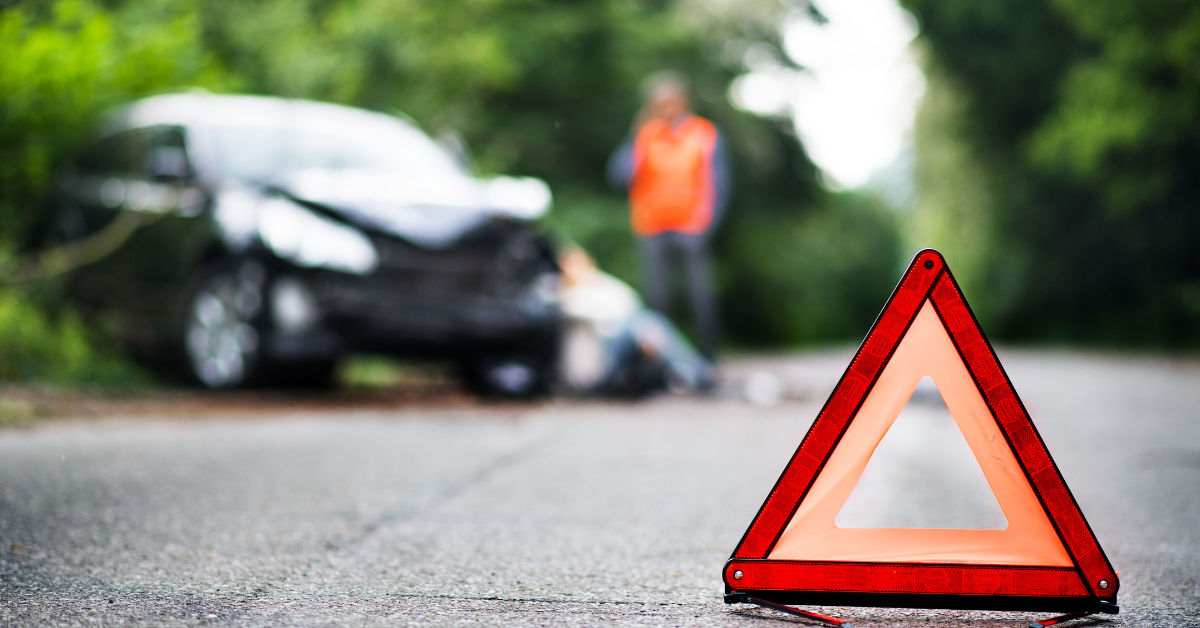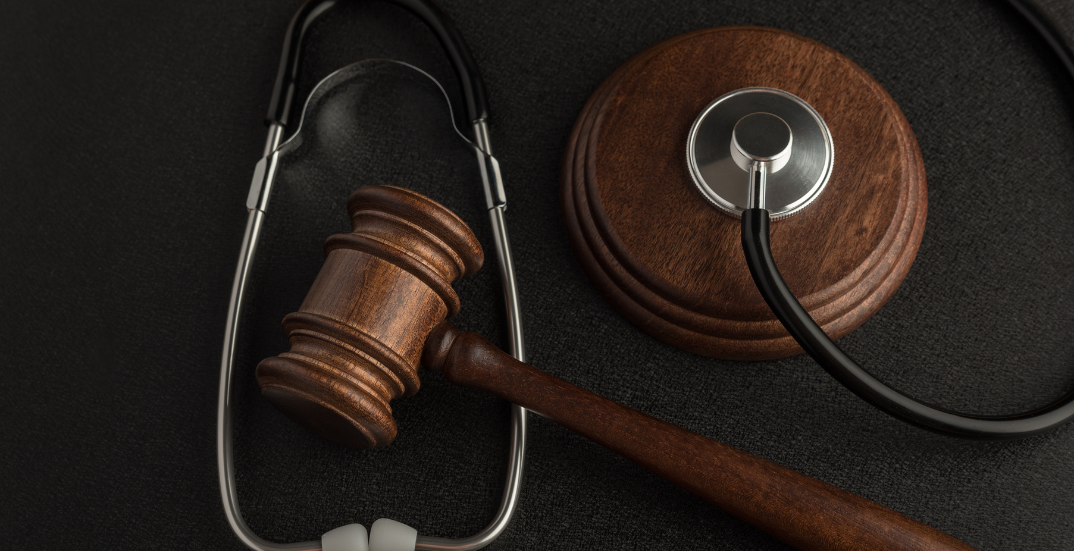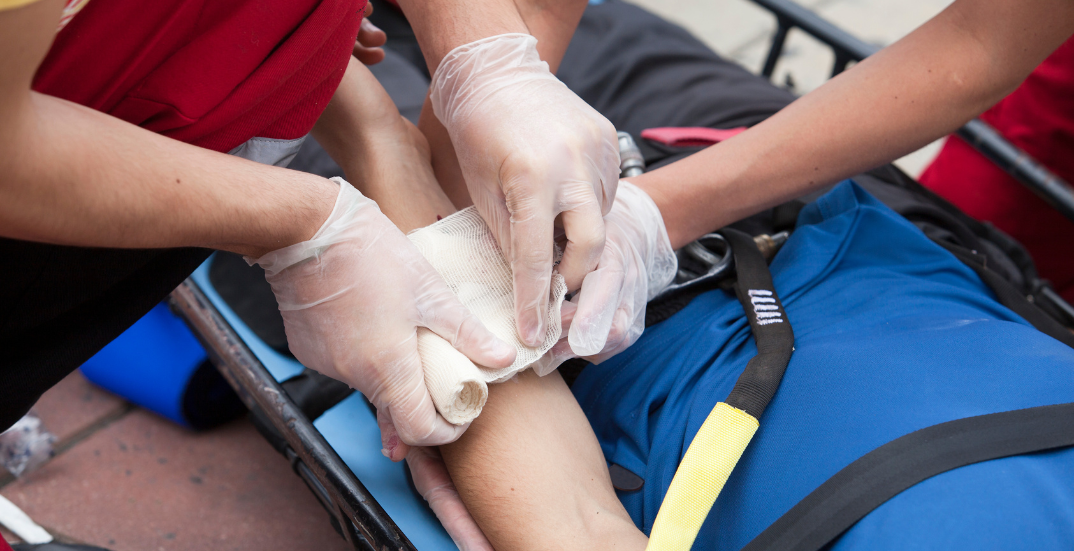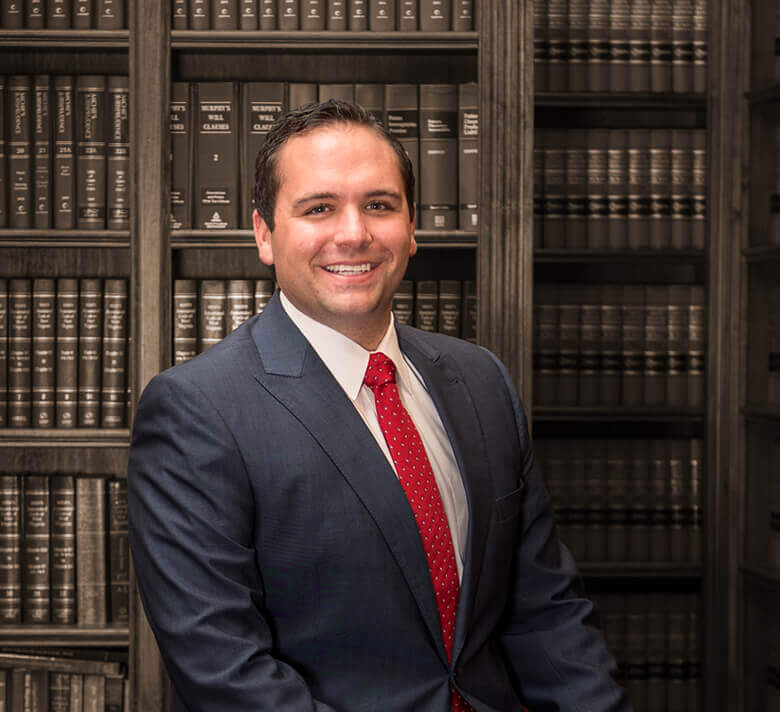
Good Samaritan laws are in place to protect bystanders who choose to assist others during emergencies. These laws play a critical role in encouraging people to help without fear of facing legal repercussions. In West Virginia, Good Samaritan laws safeguard individuals who step in to help during an accident, crime, or emergency.
Understanding these laws can make all the difference in knowing your rights and responsibilities as a bystander. This blog will break down what Good Samaritan laws are, how they work in West Virginia, and what you can do to help others safely.
A Good Samaritan is someone who voluntarily steps in to help during an emergency without expecting any payment or reward.
Most of the time, these individuals are bystanders who happen to be in the right place at the right time and feel morally obligated to help. Unlike medical professionals who may be required to assist due to their job, Good Samaritans do so out of a sense of responsibility.
Good Samaritans don’t have a legal duty to help, but they choose to assist because they believe it’s the right thing to do.
In many cases, these individuals are not trained medical professionals but average people who want to make a difference.
Good Samaritan laws exist to encourage people to provide help during emergencies without fear of being sued if things go wrong. Before these laws were in place, some bystanders were hesitant to help due to the possibility of legal consequences.
For example, if someone tried to help and accidentally made the situation worse, they could be sued for damages.
The main goal of these laws is to ensure that people can step in and offer assistance without worrying about being held liable for accidental harm.

Imagine you witness a car accident. You move the injured person to safety, but it turns out they had a spinal injury that was worsened by the movement.
Before Good Samaritan laws, the victim could sue you for aggravating their injury—even if you were just trying to help.
These types of lawsuits made many would-be Good Samaritans reluctant to assist, out of fear that they could face legal action for their good intentions.
Good Samaritan laws were introduced to fix this problem by providing legal protection to those who act in good faith to help others. If you’ve been injured, you can seek help with personal injury cases.
West Virginia is one of the states that has passed its own Good Samaritan law. Under West Virginia Code Section 55-7-15, anyone who renders emergency care at the scene of an accident or crime in good faith is protected from civil liability.
This means that if you try to help someone during an emergency and unintentionally cause harm, you won’t be sued for damages.
The law provides legal protection to both civilians and licensed medical professionals who voluntarily offer assistance during emergencies.
So whether you’re an everyday citizen or a doctor passing by the scene of an accident, West Virginia law has your back.
The law covers anyone who steps in to help, including ordinary civilians and medical professionals like doctors or nurses. However, there are some limitations to this protection.
For instance, if someone acts recklessly or with gross negligence while providing help, they may still be held liable. But for most good-faith efforts, the law offers robust protection.
The law applies in a wide range of situations, from traffic accidents to medical emergencies, ensuring that people don’t hesitate to assist when they are most needed.
To better understand how West Virginia’s Good Samaritan law works, let’s look at a hypothetical example.
Imagine you’re driving down a rural road in West Virginia when you come across a car accident. One of the cars is smoking, and you can see that the driver is unconscious. You quickly pull over and, fearing the car might catch fire, you pull the driver to safety. Later, it turns out that the driver had a neck injury, and moving them may have worsened it.
Under West Virginia’s Good Samaritan law, you wouldn’t be held liable for the injury, even if your actions unintentionally caused harm. Your actions were made in good faith, and the law recognizes that you were just trying to help in an emergency situation.
Before Good Samaritan laws, there was always a risk that a well-meaning bystander could be sued for unintentionally worsening a victim’s condition. Today, these laws provide legal immunity to Good Samaritans, as long as their actions are in good faith and not grossly negligent.
Under West Virginia’s Good Samaritan law, you are protected from civil damages, which means you can’t be sued for any medical bills, lost wages, or other expenses that result from your attempt to help. This protection encourages people to step in during emergencies without worrying about the legal fallout.
However, it’s important to note that if a Good Samaritan acts recklessly, or in a way that is considered grossly negligent, they can still be held liable.
While the law provides protection, it doesn’t cover every possible scenario.
If you find yourself in a situation where you can help, it’s important to do so safely. Here are some best practices for being a Good Samaritan:
The first thing you should always do in an emergency is call 911. Getting professional help on the scene as quickly as possible is crucial. While waiting for emergency responders to arrive, you can offer help if it’s safe to do so.
Before jumping in to help, take a moment to assess the situation. Is it safe for you to intervene, or could you be putting yourself in danger?
For example, if a car accident has occurred in the middle of a busy highway, directing traffic or moving the victim to safety may be necessary—but only if it’s safe for you to do so.
If you’re trained in first aid or CPR, you can offer medical assistance. If not, stay with the victim, keep them calm, and wait for help to arrive. Even if you’re not a medical professional, your presence can still make a huge difference.

If you ever find yourself in a position to help someone in an emergency, follow these steps:
If you ever find yourself involved in an emergency situation where you’ve rendered aid, and you’re unsure about your legal standing, it’s always a good idea to consult a personal injury attorney. At Manchin Injury Law Group, we’re here to help you understand your rights and provide you with the legal guidance you need.
Our experienced attorneys can help answer any questions about Good Samaritan laws, liability, or personal injury claims.
If you have any concerns or questions about West Virginia’s Good Samaritan law, or if you’re dealing with a personal injury case, call Manchin Injury Law Group at (304) 367-1862 or visit our website for a free consultation. We’re here to help you every step of the way.

Member at Manchin Injury Law Group
Practice Area: Personal Injury

Attorney Timothy Manchin established the Manchin Injury Law Group in 2011 after his law partner of more than 25 years became a West Virginia circuit court judge. His focus is on helping individual clients and entire families victimized by negligent acts.
We offer a free initial consultation at our office in the Manchin Professional Building — our home since 1983 — conveniently located in Fairmont.
If you are unable to visit our firm, we can come to your home or hospital room.
Fill out the form below to get in touch!